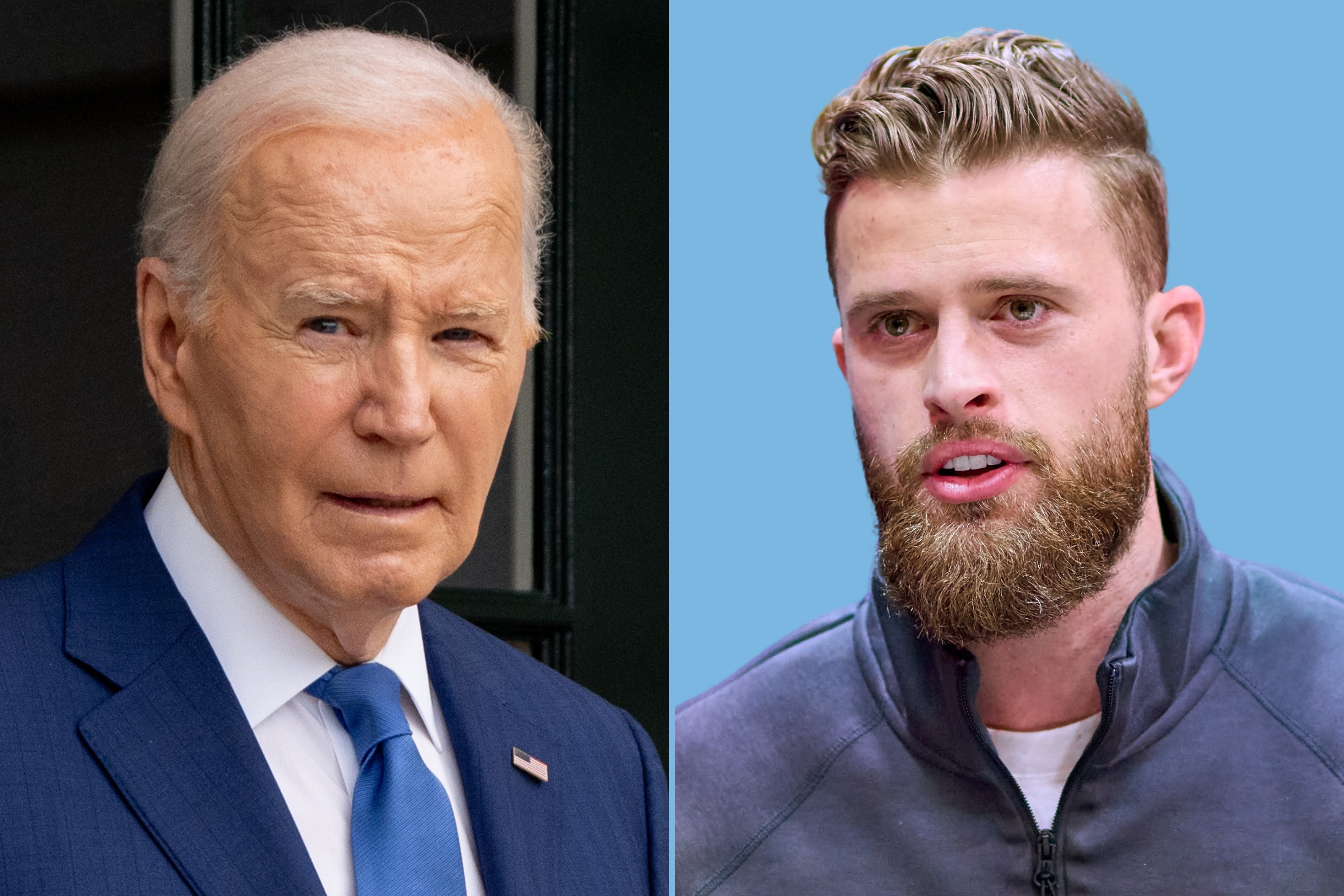I have been a refugee since I was 3 years old.
After fleeing my home country of Burundi, I have lived in more than five refugee settlements across Rwanda, Tanzania, Uganda, and now Kenya. These countries host some of the largest numbers of refugees in the world, and still require the majority of them to live in the confines of refugee camps. I have seen countless international organizations and NGOs drive an onslaught of programs in these camps—some have worked relatively well, while others have not worked well at all. Yet most of the time, we—the refugees these programs are geared toward—do not have a say in how they are crafted and executed.
Refugees like me are aware that the international community is realizing that there is a need for refugees to have a greater say in the responses and policies that affect them. There has been some progress toward greater inclusion, but it has been slow. In reality, we are still largely excluded from most meetings and conversations about the very programs designed to help us. This is not only a moral failure of the very organizations dedicated to helping refugees, but a missed opportunity to build a better response.
Refugee-led organizations (RLOs) are on the rise in number and power around the world, and this is a good thing for all of us. Organizations like the one I now run, Umoja Refugee Group in Nairobi, Kenya, are at the forefront of refugee response. We understand what refugees need and want because we have been there—most of us still are refugees. These are our communities, and we work shoulder to shoulder with one another.

In our work with urban refugees in Nairobi, we carry out a range of community projects that empower refugee women, children, older adults, and differently-abled people. We provide mental health services, vocational training, and even youth media training—a particularly unique and exciting opportunity that trains young people in reporting news stories in the local community. Our agenda is born out of the experiences of displaced people—and designed entirely by refugees. We seek to help refugees support themselves—something that can benefit most refugee-hosting countries and refugees alike.
The recent World Bank's flagship World Development Report, focused on cross-border mobility, set the tone for the Bank's priorities to come. It will also drive the global agenda for a range of development actors and financing institutions, all of whom have a critical role to play in refugee response. While the World Bank receives some criticism in refugee-hosting countries, there is also an opportunity for it to drive new funding and approaches to long-standing refugee situations. It is a powerful institution that can influence how business is done in refugee-hosting countries.
If the Bank's mission is to help economies develop, it must push for greater inclusion of refugees in the programs designed to help them. Many of these programs—particularly in long-term refugee settings like the camps I have stayed in—relate to creating livelihood opportunities and self-reliance initiatives. This is important, as refugees want to support themselves; they don't want to be reliant on aid. Moreover, they bring skills, knowledge, and expertise that can contribute to growing the economy. Kenya in particular might be realizing this, as its new Refugee Law could provide new avenues for refugees to access work opportunities.
But international organizations and host countries cannot fully benefit from the skills and expertise that refugees bring if they do not give them a seat at the table.
I challenge the international community and all who have funding, power, and influence over programs and policies that affect refugees to increase their commitment to meaningful refugee participation—from the planning and inception of programs, all the way through to their execution. The potential is great.
Jonas Ndayisenga Proud-Lion is the co-founder and CEO of Umoja Refugee Group.
The views expressed in this article are the writer's own.
Uncommon Knowledge
Newsweek is committed to challenging conventional wisdom and finding connections in the search for common ground.
Newsweek is committed to challenging conventional wisdom and finding connections in the search for common ground.
About the writer
To read how Newsweek uses AI as a newsroom tool, Click here.





